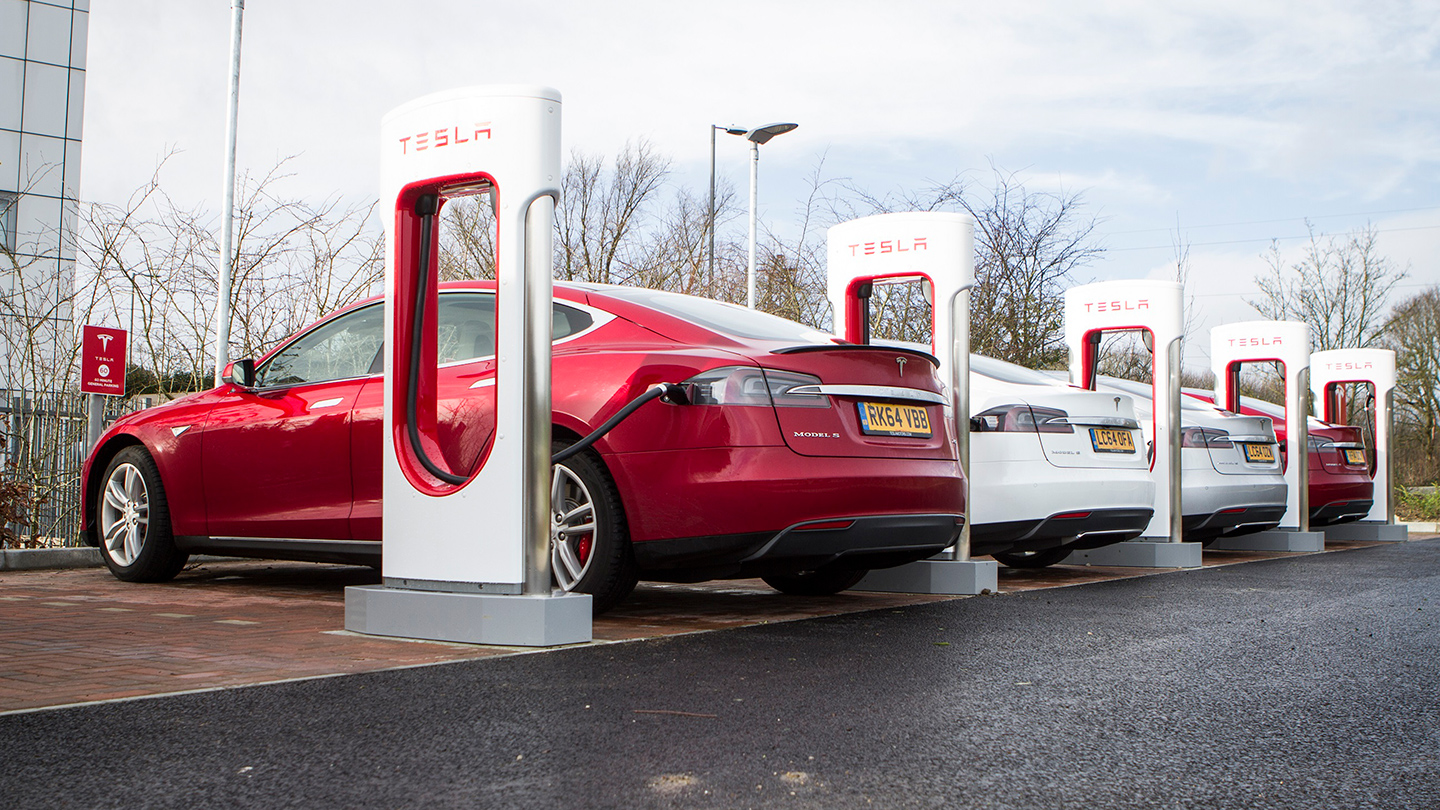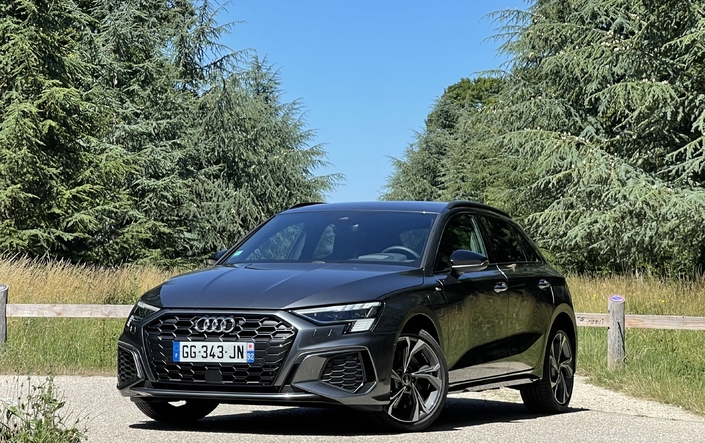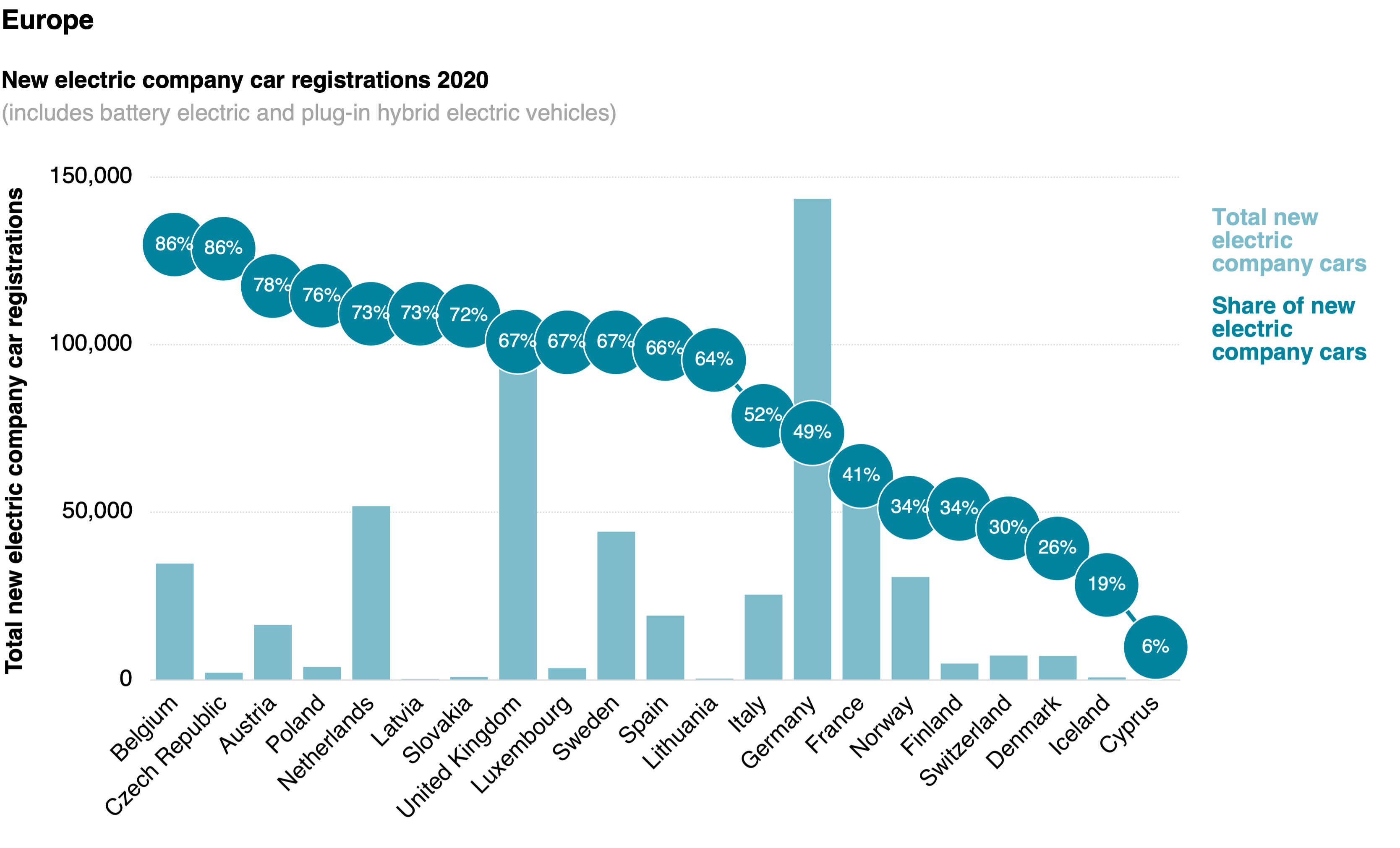
Fuel efficiency is a key factor when shopping for an SUV. If you're looking to maximize your mileage, you can look for a hybrid model, or a gas-only SUV with great fuel economy. There are many good choices for non-hybrid vehicles that will get you great gas mileage.
There are many options available if you're looking to buy a compact SUV or mid-size vehicle. These SUVs are spacious and can accommodate five to seven people. You can also check out the Kia Niro, which is an economical option. The Nissan Kicks can also be a great choice. If you are looking for a small SUV crossover, the Hyundai Kona might be the right choice.
The Toyota RAV4 is a reliable choice if you are looking for reliability. This small SUV is a popular choice. It's fuel-efficient and has a durable interior. It can be ordered with all-wheel drives and can generate up to 243 horsepower thanks to its hybrid powertrain.

The Honda CR-V hybrid is another popular choice. It features an all-wheel-drive system. The 2.0-liter inline-4 engine can achieve 40 MPG at highway speeds. Safety features are also included. You'll find standard Apple CarPlay or Android Auto, as well as rear cross-traffic and blind spot monitoring. It has a 7-inch touchscreen as well as a Wi Fi Hotspot.
Toyota Corolla Cross is an SUV that's fuel-efficient and non-hybrid. The base model comes with a 169-horsepower engine that puts out 30 MPG on the highway and 35 MPG in the city. The 2.5-liter I4 engine is the base model and gets 27 MPG city-wide and 31 MPG highway.
The Ford Escape is another great option. The Ford Escape has an all-wheel drive system as standard, but the hybrid powertrain is not available on AWD models. It's less user-friendly than the other three cars, and it doesn't have as good a fuel economy.
The Toyota Highlander is a great choice for those who want fewer features but better fuel economy. It's available with front-wheel drive and all-wheel drive, and the Highlander has an EPA-estimated 40/37/39 MPG rating. It has a spacious interior, and you can even add heated seats and a moon roof to help boost the fuel-efficiency.

Also, the Subaru Crosstrek is available. This plug-in hybrid is a good alternative if you're looking for the best of both worlds. It boasts two electric motors that can deliver 33 MPG on highway and 36 MPG within the city. Additionally, it has an 8.8-kWh lithium battery pack that can provide enough electricity to power up to 42 miles.
The Hyundai Tucson is an excellent all-wheel-drive SUV. It will suit your budget. The exterior is rugged and stylish, while the interior is comfortable and efficient. It's also available with a turbocharged 1.6-liter inline-four engine that can earn up to 37 MPG on the highway.
FAQ
What length is an automotive mechanic apprenticeship?
An automotive mechanic apprenticeship takes around three years to complete. The apprenticeship includes two years studying at school and two more as an apprentice. The first year is dedicated to learning the theory and practical skills of the trade. You'll also learn how tools can be used safely and efficiently during this year. After the first year, a second year will be spent on-thejob training. This year you'll get experience in different trades. These periods will also give you the chance to take formal courses.
The final year is dedicated to earning certifications and qualifications in the field. These include NVQs or National Vocational Qualifications. These are earned after passing exams that cover specific topics in the industry. Additionally, HNCs are Higher National Certificates that cover general subjects such management, customer service, and business administration. Finally, there are City & Guilds certificates that are offered for those who wish to become qualified in certain trades.
Are you looking for a career as an automotive mechanic?
For those who are passionate about excellence, automotive is a rewarding industry. The best way to succeed in this field is by working hard and learning as much as possible from others.
Communication skills are important as customers and coworkers will often be your main focus. You will need to be able and willing travel for work, making it more difficult to commute.
You can take classes at universities and community colleges if you are interested in a career as an automotive technician. Many schools offer programs for students who are interested to learn about auto sales, customer service, or repair.
Mechanical engineering is a good choice if you are interested in pursuing a degree. You can earn a bachelor's in as little four years.
Many employers will hire graduates straight out from school. So it's wise to start looking for employment while you still have the chance to study part-time.
After your education is complete, you will probably need some training in order to become an automotive technician.
This means that you must pass the Automotive Service Excellence exam. This exam covers topics such as engine maintenance, brakes and suspension.
Once you have passed the ASE Test, you are eligible to apply for a National Institute for Automotive Service Excellence License.
You can repair vehicles owned by private citizens with a license. In exchange, you'll receive compensation based on the number of services performed.
It is important to remember that not all states require licensing. However, if you plan to work outside your home state, you'll need to obtain a license.
Some states don’t issue licenses until a certain amount has been completed. If this applies to you, then you may need to find another option.
Does it matter where I go to college?
Non, really. There is no difference in the programs offered by colleges for getting into automotive work. There are some schools that offer more specific programs than others.
How long does a good mechanic take?
You need to have years of experience and practice before you can become a master mechanic. The best way to learn how to repair cars is by working under the supervision of a professional mechanic.
You will be required to spend time at a car garage learning as much as you can about cars. You'll need to study mechanical engineering books on mechanics and car design.
Furthermore, you'll need to enroll in auto school.
It is important to get started early. To learn about automotive technology, don't wait to be older. Get started now if you are interested in becoming a mechanic.
How can I prepare for a apprenticeship as a mechanic?
It is essential to understand what you are getting into. You must understand the workings of cars. This will allow you to be prepared for your first day at work.
You also need to know how to fix simple problems such as broken lights, tires, etc.
This will teach you how to diagnose problems and fix them yourself.
To put the pieces back together, you will also need to understand how they fit together.
Finally, you should be able use tools safely.
All these things will help you to become a competent mechanic.
How do I fix my car for a hobby?
It's a great hobby to take on if you are passionate about cars. You could learn how to repair them, buy parts for them, sell them or just enjoy them. It would make a great pastime if you're looking for something different to do.
However, it's not easy to turn this into a full-time career. It requires hard work and dedication. It will also require a large amount of investment.
So unless you have a good reason for wanting to get involved with cars, then it might be best to leave it alone.
Statistics
- The U.S. Bureau of Labor Statistics (BLS) reports that the job outlook for automotive service technicians and mechanics is expected to decline by 4% from 2019 to 2029. (indeed.com)
- 52% of Mechanics in the United States think their salaries are enough for the cost of living in their area. (indeed.com)
- According to the BLS, total auto technician employment is expected to exceed 705,000 by 2030. (uti.edu)
External Links
How To
How to become a mechanic certified
These certifications are for those who wish to be certified as automotive technicians. They cover all aspects of auto repairs including engine diagnostics. Electrical systems. Brakes, suspension. steering. Fuel injection. Air conditioning. Heating. Exhaust. Diagnostic tools. Body repairs. Collision damage repair. Paintless dent removal. Motor vehicle emissions testing.
The 12-hour program includes three months of on the job training at a dealership participating. Students must complete a minimum of 60 clock hours of classroom study per semester and pass a written exam, including theory and practical questions. After completing the coursework, students can take the National Institute for Automotive Service Excellence’s (ASE) state examination. For employment as an automotive technician, certification by ASE is necessary.